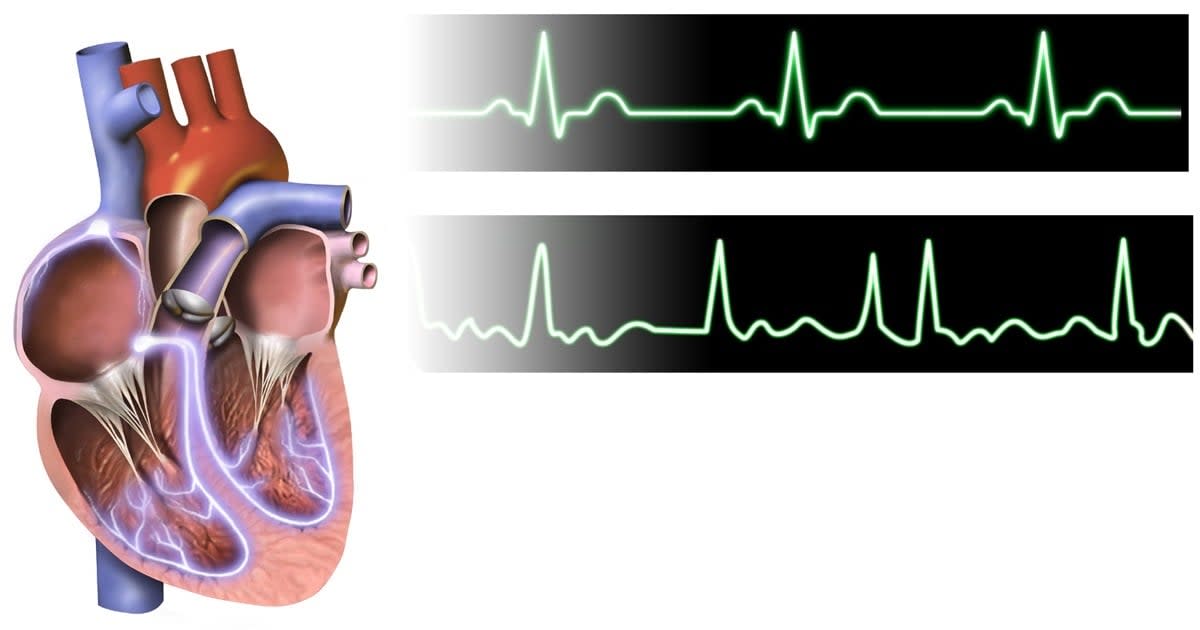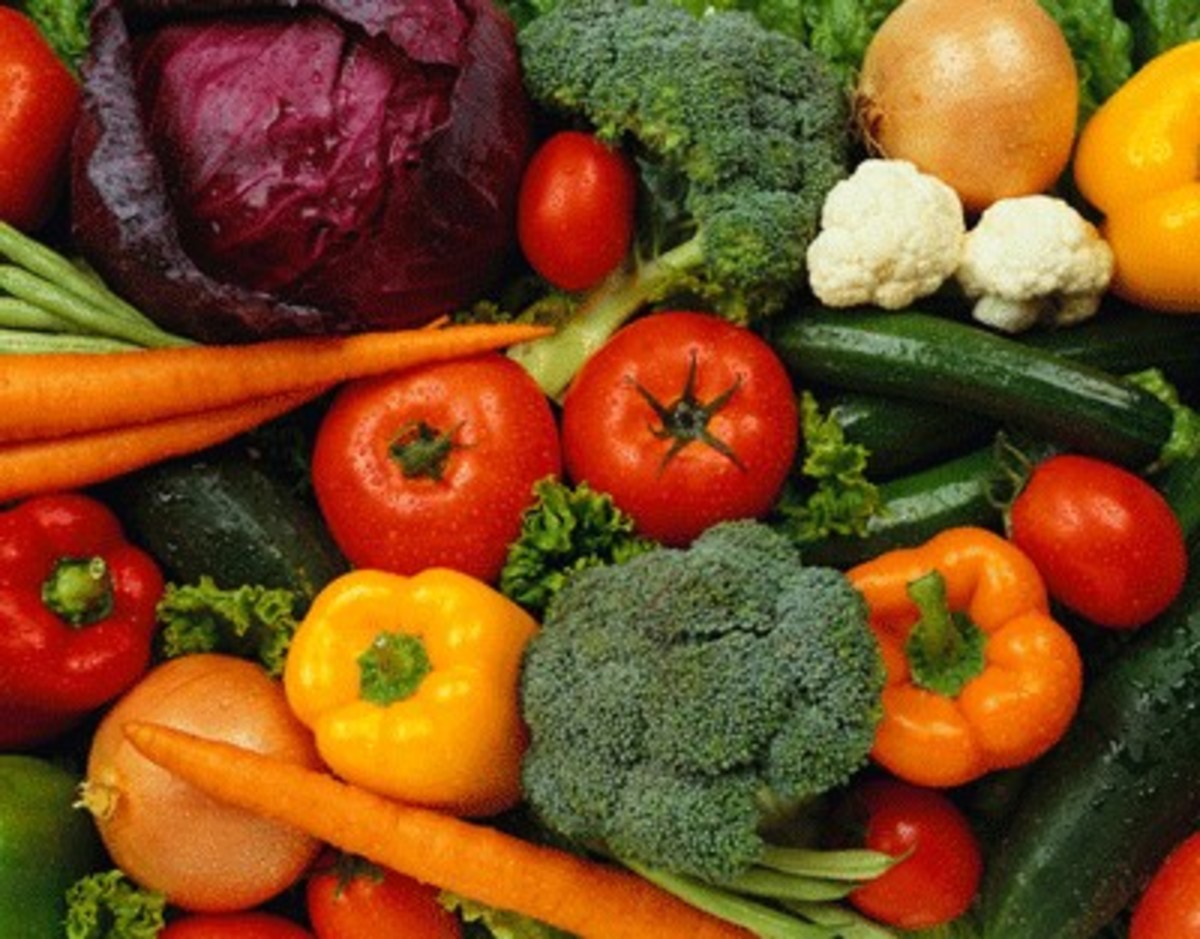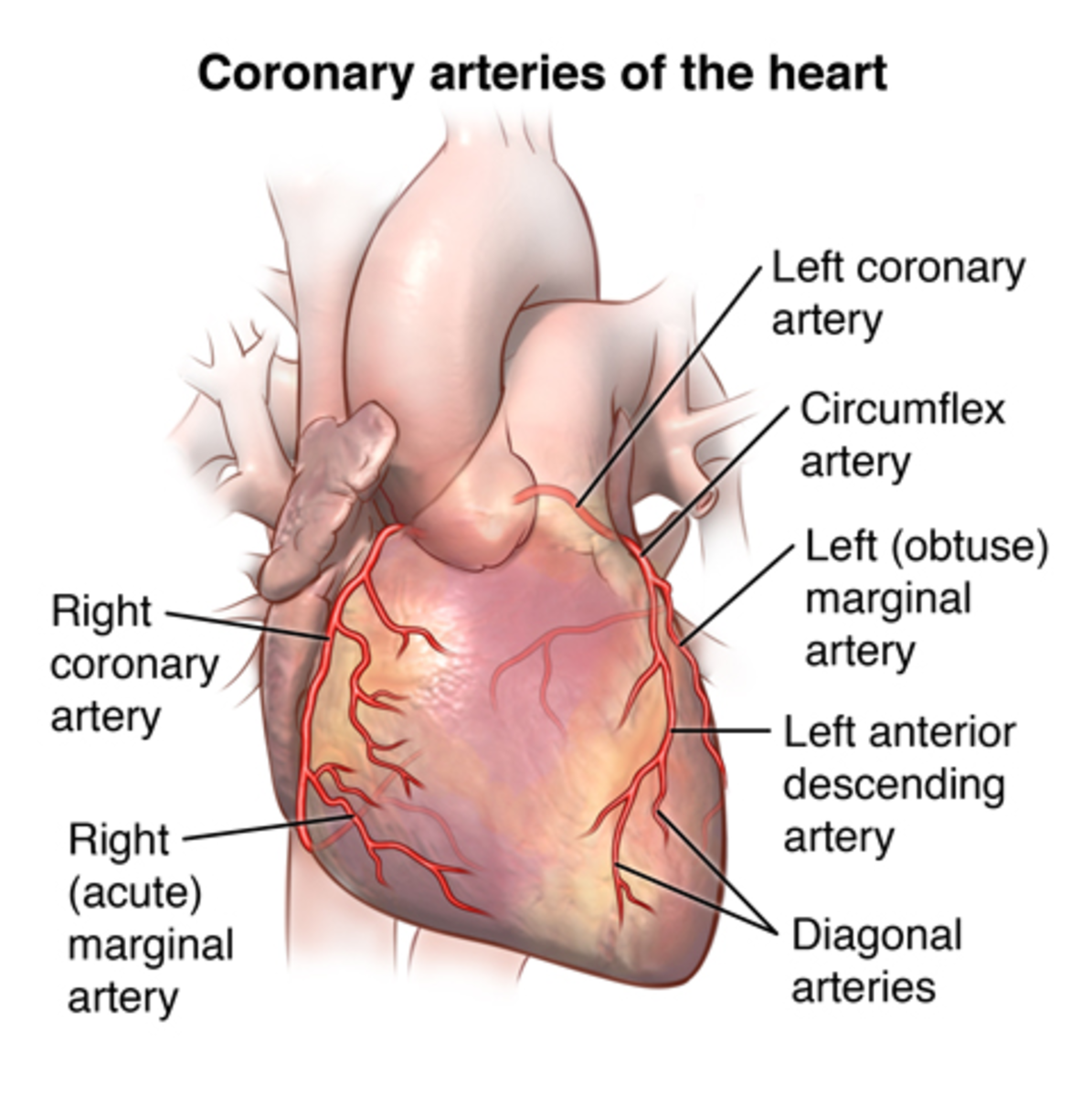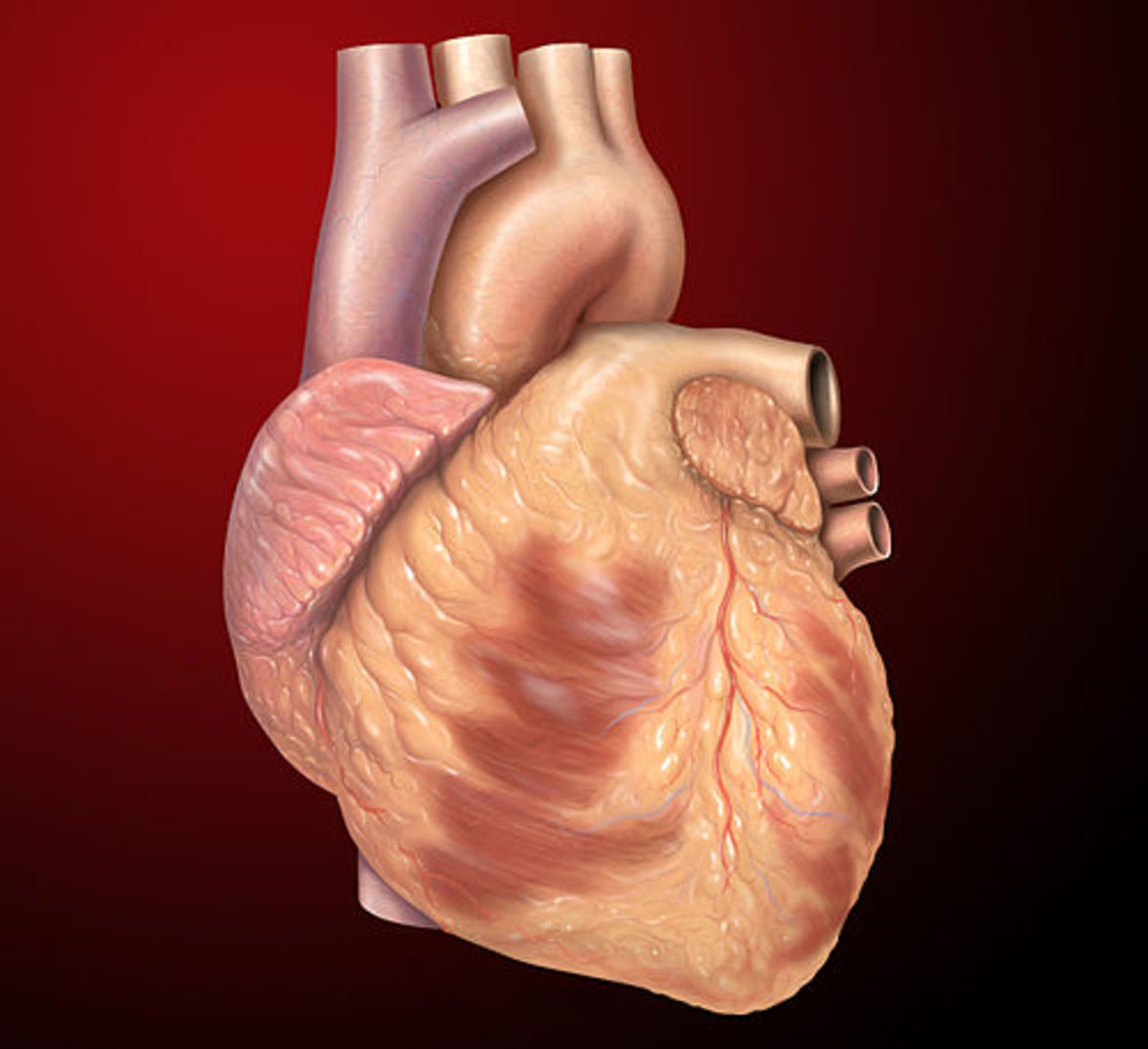How Too Much Potassium Can Be Bad
Potassium is a Mineral
How many assume the more potassium, the better? Not so at all and you could be putting yourself in danger from this very ignorance. This article is to teach you to pay attention to your potassium numbers.
3 D Unique

Balancing the Body
Potassium is a mineral that helps in a healthy fluid balance of our body. Also, it plays an important part in making sure our nerves and muscles work as they should. Potassium is very important for the normal working of the muscles, heart, and nerves. Then too it is an important part of controlling the activity of smooth muscle; along with skeletal and cardiac muscle. Smooth is one of the kinds of muscle tissue in the body and as a rule, forms the supporting tissue of blood vessels and containing internal organs, such as the stomach, intestine, and bladder. This muscle; considered smooth because it does not have the microscopic look seen in the other two types of muscle. Smooth and skeletal muscle are muscles of the extremities and body along with muscles of the heart; important too, for regular transmissions of electrical signals throughout the nervous system.
The Works.
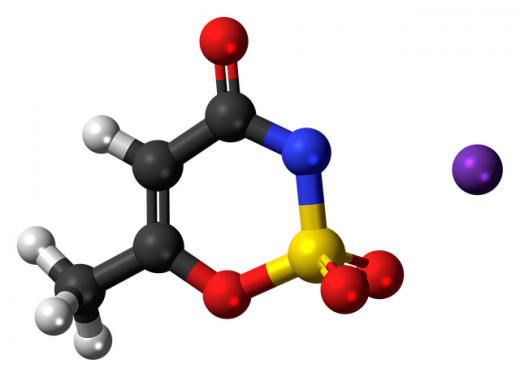
Even a Slight Risk Could be Yours
How many times has potassium killed without being named? It could be very many. You usually hear of low potassium and so many people without thinking they could be committing suicide with high potassium start stuffing in those bananas and anything high in potassium without a thought!
Extremely high levels of potassium in the blood (severe hyperkalemia) can lead to heart attack and death. High potassium can cause hyperkalemia and when not recognized and treated properly, severe hyperkalemia can result in a mortality rate of about 67%! High potassium kills.
Not once in all these years did I hear of high potassium being a danger. I only had blood work done once or twice a year, and no one ever called me on it except about my cholesterol high once so I took care of that. I always try natural and generally it does work. If someone does not tell you anything though, how can you know?
I have had a horrible past few years trying to get my blood pressure under control and even though I had an allergic reaction to the main blood pressure medicine I am now on, I was able to take it going off all and taking this in half doses twice a day.
Still, it was not low enough and I was sent to a heart specialist who put me on a medicine that was a little scarier than most but I only took half the dosage until I saw how it would affect me. It went pretty low although there were just sometimes it went up again and never to the highs I had been looking at for years.
Acesulfame Potassium
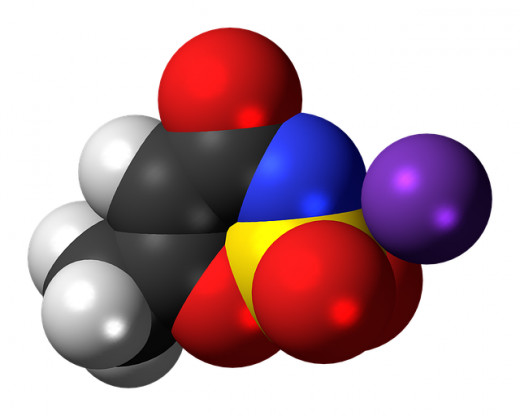
"A wise man should consider that health is the greatest of human blessings, and learn how by his own thought to derive benefit from his illnesses."
— HippocratesBanana

Always Know the Facts
At the pharmacy one day I asked the pharmacist if I could take something over the counter and showed her the two medicines I was taking and she said that would be fine, she would be more concerned with the two blood pressure medicines I was taking together, she said. That was a little scary and my first hint I had anything to worry about.
I knew I couldn’t go confront this heart specialist with this because for one thing doctors do not like pharmacists giving us advice or telling us anything for that matter. I had another heart specialist almost have a fit when he asked me did I think pharmacist knew more about medicines than a doctor and I said yes. He often tried to get me to say different but I would not do it because I know these people only study medicine and know their stuff. I also know little salesmen run in and out of doctor’s offices with their medicines and something is happening here that I think equals lobbying.
High Potassium
Were you already aware of high potassium and the risk of it?
Which fruits should you eat when potassium is high?

Hyperkalemia
Hyperkalemia means an abnormally elevated level of potassium in the blood. The danger of developing hyperkalemia can be greatly reduced by being on a low potassium diet.
Talk to Your Doctor.
Small glands located next to the kidneys, and important in secreting hormones such as cortisol and aldosterone are an adrenal gland. Aldosterone causes the kidneys to hold sodium and fluid while ridding potassium through the urine. So then diseases of the adrenal gland, such as Addison’s disease, that leads to lowered aldosterone secretion that can lower kidney excretion of potassium, causing the body to collect and hold potassium; causing hyperkalemia.
The normal blood potassium reading should be between 3.7 to 5.2 milliequivalents. Levels above 6 milliequivalents and those below 3 milliequivalents are said to be dangerous. People though suffering from chronic kidney disease will not be able to excrete excess potassium from the body due to the malfunction of the kidney, resulting in excess levels of blood potassium leading to a condition known as hyperkalemia.

Should doctors assume we do not need to know everything?
Heart to Heart
So when I saw my heart specialist again I asked him about the new medicine and he said the main danger of this new medicine was running your potassium high and that my blood work from my regular doctor showed my potassium to be very low so it seemed safe to try.
Now wouldn’t it have been nice if he had mentioned a diet to me then and wouldn’t it have been nice if someone had told me even months ago my potassium was low? I asked them about this at my regular doctor's office and that last blood work had been done close to a year ago!
Of course in the meantime the heart specialist had decided to check it I suppose with me questioning and it was in the middle of acceptable numbers. I am assuming though because he saw my potassium was so low before this that I would be a good candidate to try this medicine that was not a necessary popular one but it may be the only one to save my life. I need to keep my potassium low now and I also need to keep it checked. No doctor told me this; I had to figure it out on my own. If I had had a stroke and died do you think the word potassium would have ever been said? I think not.
Potassium May be What You Want.

Do Not Wait Until it is Too Late
Massive tissue destruction can result in elevated levels of blood potassium as the damaged cells release potassium; trauma, burns, surgical procedures, destruction of tumor cells or red blood cells, and diabetic ketoacidosis can cause this release, among other things. Symptoms of hyperkalemia are nausea, fatigue, muscle weakness, and tingling sensation.
Symptoms of hyperkalemia are not easy to recognize until the potassium level in the blood rises to very high levels. At higher levels there is the possibility of dangerous complications developing leading to irregular heart rhythm, severe weakness of the muscles and even paralysis; and can be very dangerous.
My guess would be most people suffer from potassium being too low but you should find out about medicines that not only rob you of potassium but those that may kill you causing it to rise too high.
There is not a lot known about this and I would guess many deaths could have very easily been caused by this with no one ever the wiser.
Just dead from a heart attack and no clue it could have easily been prevented!
Potassium Foods
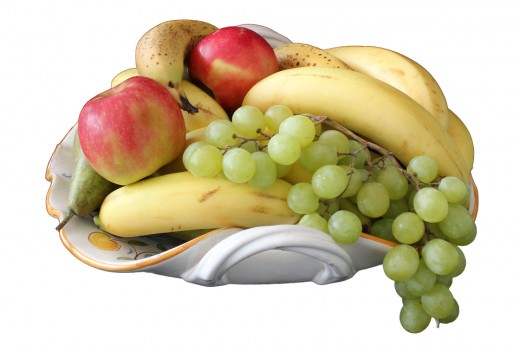
May Be Fatal if Left Untreated.
- According to the information above you want to be alerted at mid-levels to put a stop to your rising potassium but at this point it would probably be safe enough for you to take care of this yourself if possible by knowing what is making it high if it is something you are taking as I mentioned in part one.
- This can be medicines that you may be able to change or if your numbers are not too very high possible a close watch of your diet will bring your numbers down. I would like to make special mention here that although mild hyperkalemia is common with these medications, severe hyperkalemia usually does not occur unless these medications are given to patients with kidney dysfunction. So if you take a medicine that can raise potassium to be sure you have no kidney problem and start a diet beneficial to kidneys. Personally, though I did take medicine like that I soon got off it when it ran my numbers up. I was put on a blood pressure medicine that did not have this risk and it worked fine and still is. I still want my potassium checked about every three months though and more often if it is up any.
- Normal levels in the blood are 3.5-5.0. - 3.6 to 4.8 in some reports. Levels between 5.1 to 6.0 reflect mild hyperkalemia. Levels of 6.1 to 7.0 are moderate hyperkalemia, and levels above 7 are severe hyperkalemia.
- Regular testing will let you know if you are managing to lower it or if it needs more serious treatment
Leave None Untreated
Hyperkalemic Paralysis Inherited But Rare Disorder
- Hyperkalemic paralysis is an inherited but rare disorder where patients can develop a quick onset of hyperkalemia which in turn causes muscle paralysis. An effect of hyperkalemia is interference with the functioning of the skeletal muscles. The reason for the muscle paralysis is known but it is thought to be due to hyperkalemia suppressing the electrical activity of the muscle.
All Hyperkalemia Conditions Should Be Treated
- Most patients with problems have mild hyperkalemia yet any condition causing even mild hyperkalemia should be treated to stop hyperkalemia from becoming more severe. Very high levels of potassium in the blood known as severe hyperkalemia; can cause heart attack and death. When not caught and treated properly, severe hyperkalemia results in a death rate of 67%.
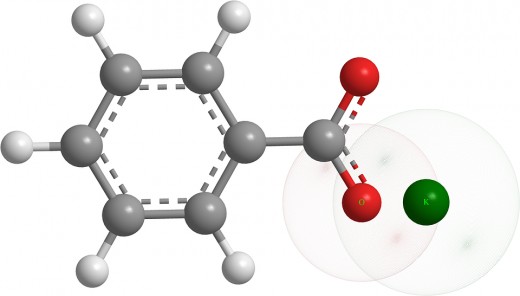
Know Your Numbers
Whole grain bread and other products helping in the risk of heart disease are not for the ones in danger of high potassium. Whole grain products have more potassium than refined grains like white flour. High amounts of potassium can considerably increase the risk of life-threatening complications. What you think you are doing best for your health could kill you!
Get to know your blood reading in all things and what you should do about it. Blood should be checked no less than every twelve weeks when this is in question and the cardiologist think if the readings are good that is often enough. Of course, if they aren’t then you need to be discussing that with your doctor. Probably you don’t want to go very long and you want to give immediate attention to raise or lower potassium, whichever you need. Call and check on all blood works if there is a special concern or you are having health problems or unusual symptoms. It is your body, the blood tests are not free and a good doctor should always go over tests with each patient.
If you have high or low; make a list of the foods you personally need and keep on your fridge door until you are pretty sure you have it down pat; the foods to help you that will probably not change unless you change medications.
This is a further needed step in the values of what we consume. Perhaps a little known life-saving step. It has not been easy research but I think finally I can feel good about getting on a diet to keep my potassium from causing a heart attack. Please make sure you have neither problem. It is your right and could save your life.
Heart and kidneys are things we do not want to chance! Hyperkalemia effects both. Know your numbers!
Treat the Cause
Address the cause. Keep your blood work times and results on a calendar with plenty of writing room. Make sure when you are on medicines or have any health problems to have blood works that you need to know about and know right where to go to find records of every reading and what it is for, in this case of course; potassium. If your numbers are rising there is a reason and it is your doctors place to find the cause. If he doesn’t and does not show concern, find a new doctor.
Regular blood levels of potassium are vital for keeping normal heart electrical rhythm. Low blood potassium levels and high blood potassium levels (hyperkalemia) can cause irregular heartbeats. The number one effect of hyperkalemia is related to the electrical rhythm of the heart. As mild hyperkalemia probably has a small effect on the heart, moderate hyperkalemia can produce EKG changes and severe hyperkalemia can cause containment of electrical activity of the heart.
Are There Remedies?
- For mild cases, a diet low in potassium may do the trick
- Other Treatments
- Stop medications that increase blood potassium levels. This can be your blood pressure medication as it was with me and many others I have read about, some with serious outcomes. This should be gone over with your doctor though because you cannot simply give up your medicines and there is always a process. If you don't get satisfaction, get a new doctor! I cannot stress that enough. It is your body and doctors are not all the same.
- Giving glucose and insulin, (Intravenous) which advances the movement of potassium from the extracellular space back into the cells.
- Giving Intravenous calcium to provisionally protect the heart and muscles from the effects of hyperkalemia.
- Sodium bicarbonate control to counteract acidosis and help the movement of potassium from the extracellular space back into the cells.
- Administration of diuretic to decrease the potassium supplies through increasing potassium excretion in the urine. It is important to note that most diuretics increase kidney excretion of potassium. Only the potassium-sparing diuretics mentioned above decrease kidney excretion of potassium.
Potassium
Sources
This content is accurate and true to the best of the author’s knowledge and does not substitute for diagnosis, prognosis, treatment, prescription, and/or dietary advice from a licensed health professional. Drugs, supplements, and natural remedies may have dangerous side effects. If pregnant or nursing, consult with a qualified provider on an individual basis. Seek immediate help if you are experiencing a medical emergency.
© 2012 Jackie Lynnley


